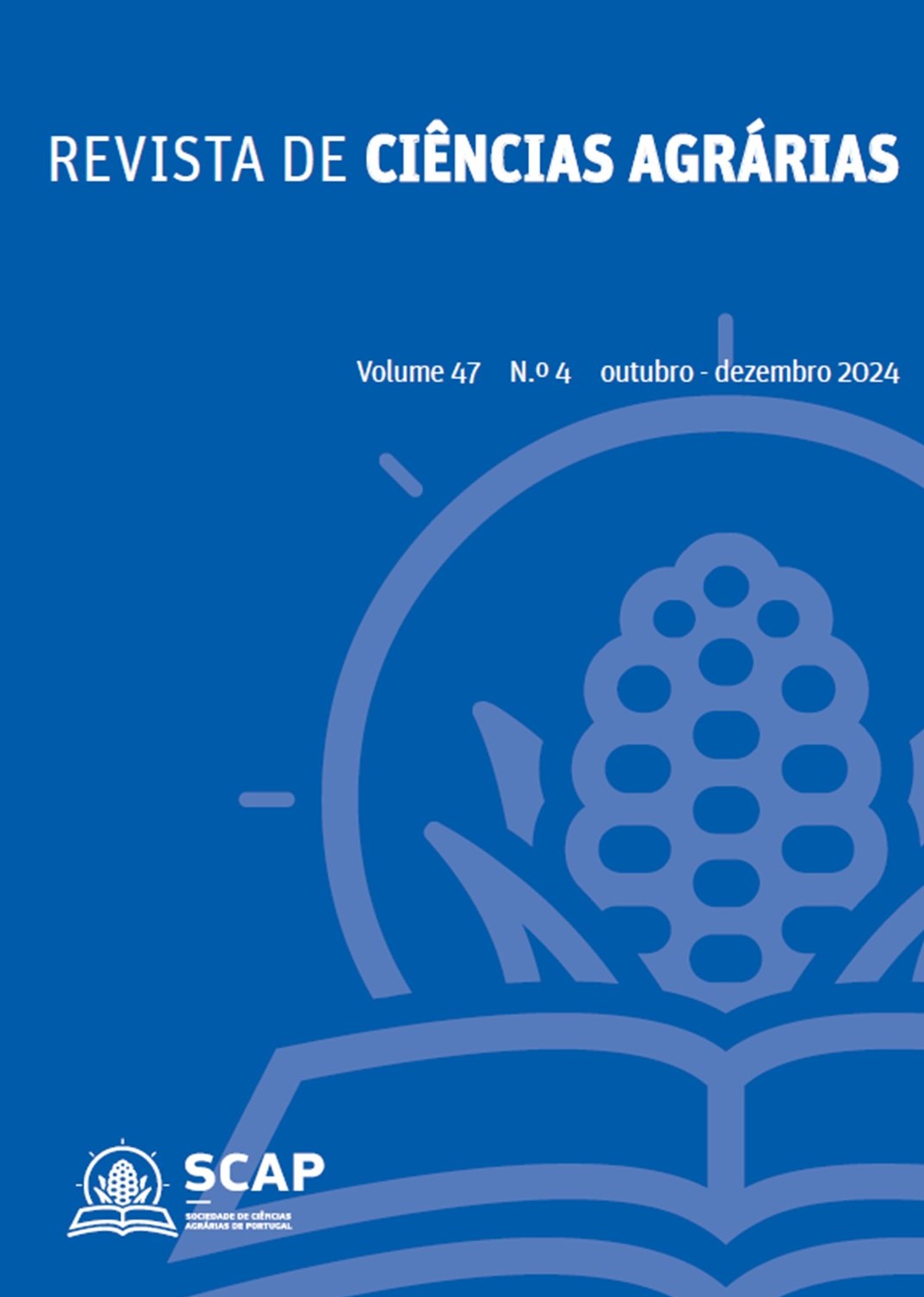Caracterização microbiológica de solo tratado com compostos orgânicos de jacinto-de-água Eichhornia crassipes (Mart.) Solms
DOI:
https://doi.org/10.19084/rca.38905Resumen
Os compostos orgânicos agrícolas são corretivos do solo resultantes da transformação microbiológica da matéria orgânica fresca, aumentando a fração estável da mesma e a reserva de nutrientes disponibilizados através da mineralização do composto, sendo esperado o aumento da biodiversidade microbiana e respetiva funcionalidade dos solos. O jacinto-de-água (Eichhornia crassipes) é uma planta invasora aquática que degrada os recursos hídricos e reduz a biodiversidade dos ecossistemas aquáticos. O seu controlo disponibiliza biomassa rica em nutrientes, que sendo devolvidos ao solo após a compostagem aeróbia, compensará o custo social das operações de controlo. O projeto BioComp_2.0 pretende a valorização de subprodutos agropecuários e florestais, com o resíduo do controlo do jacinto-de-água, constituinte maioritário de cada uma das seis formulações. Foram avaliadas as características microbiológicas do solo enriquecido com os compostos orgânicos produzidos. O desempenho dos seis compostos no aumento das estirpes aeróbias, fixadoras de azoto, fungos e desnitrificantes, é comparado com o solo testemunha (sem matéria fertilizante), com um adubo orgânico e com um composto orgânico, ambos comerciais. Constatou-se ausência de patógenos e aumentos expressivos das estirpes aeróbias e desnitrificantes. Os teores de microrganismos, no solo tratado com os compostos produzidos, são semelhantes aos do solo com composto e adubo orgânicos comerciais.


